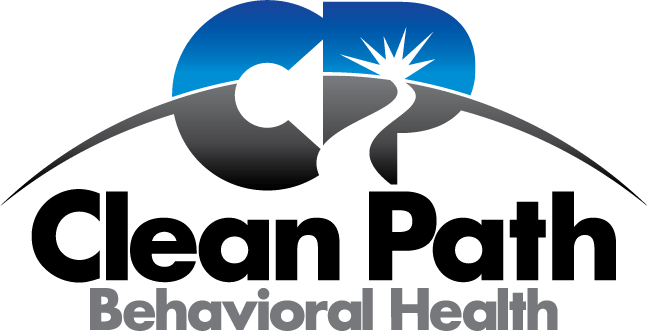“I’m not sober anymore.”
With those words, singer Demi Lovato recently told fans – via song – that she’d relapsed after more than six years of very public sobriety.
Many fans were quick to offer their support, and Lovato herself promised that she’d “get help” for her drug and alcohol addiction.
But for people in recovery, the incident ignited a totally different conversation: What does it really mean to be “anonymous”?
Even just from the names of the fellowships, you can see that 12-Step programs value anonymity. And Step 12 of the Traditions states, “Anonymity is the spiritual foundation of all our traditions …”
Over the years and decades, however, people have interpreted that in different ways.
The Big Book is very clear: “Our relations with the general public should be characterized by personal anonymity,” later calling personal anonymity “AA’s greatest protection.”
The idea being that if public teetotalers were to relapse – like Lovato – it would call the effectiveness of the entire program into question.
But on the other hand, Bob Wilson himself was a very public member of AA for his entire life.
And some members of the program argue, if you don’t talk about 12-Step fellowships, and the fact that they work, how will people ever find them? The programs preach “attraction rather than promotion,” but sometimes there’s a fine line between keeping quiet about your recovery and making it a secret.
Still others have found a workaround by talking about their recovery from drug or alcohol addiction, and leaving the specifics of the AA or NA piece out of it.
How do you handle anonymity and talking about your program?
The staff at Clean Path Behavioral Health can help you through all of the questions you face when building a new life recovery. Contact us today.

